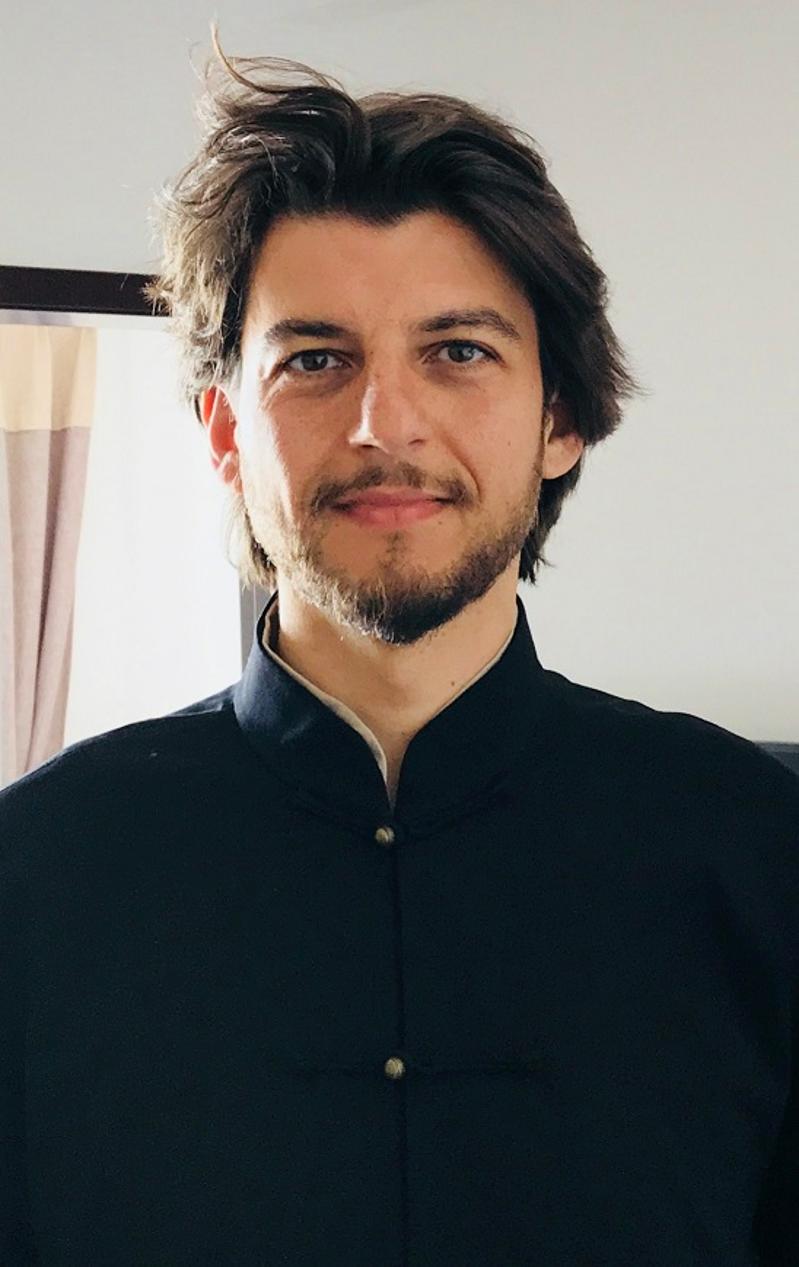You are here :
Massimo Leone

Presentation
Massimo Leone is Tenured Full Professor (“Professore Ordinario”) of Philosophy of Communication, Cultural Semiotics, and Visual Semiotics at the Department of Philosophy and Educational Sciences, University of Turin, Italy, Vice-Director for research at the same University, and part-time Professor of Semiotics in the Department of Chinese Language and Literature, University of Shanghai, China. He has been visiting professor at several universities in the five continents. He has single-authored twelve books, edited more than thirty collective volumes, and published more than five hundred articles in semiotics, religious studies, and visual studies. He is the chief editor of Lexia, the Semiotic Journal of the Center for Interdisciplinary Research on Communication, University of Torino, Italy (SCOPUS). He is the winner of a 2018 ERC Consolidator Grant, the most prestigious research grant in Europe. He is the chief editor of Lexia, the Semiotic Journal of the Center for Interdisciplinary Research on Communication, University of Turin, Italy, and editor of the book series “I Saggi di Lexia” (Rome: Aracne) and “Semiotics of Religion” (Berlin and Boston: Walter de Gruyter). He directed the MA Program in Communication Studies at the University of Turin, Italy (2015-2018) and is currently vice-director for research at the Department of Philosophy and Educational Sciences, University of Turin, Italy.
Research Project
DEEP FACE : Analysis of the Rhetoric of Artificial Facial Images in Present-Day Digital Communication
As a vast literature indicates, the face is the most versatile interface of human interaction: most known societies simply could not function without faces. Through them, human beings manifest and perceive cognitions, emotions, and acting intentions, being able, thus, to coordinate with each other. The centrality of the face is such that it is often attributed to non-human entities too, like animals, plants, objects, or even landscapes and, in certain circumstances, countries and cultural heritage. Symmetrically, defacing people literally means denying their faces, debasing their humanity. Since the face is central in human behavior, facial images that are considered as produced by a non-human agency receive a special aura throughout history and cultures, as if they were endowed with extraordinary powers. So as to test this hypothesis, the project cross-fertilizes several methodologies and concentrates on artificial faces created by neural networks and to the reactions of people to such images. The project will elaborate a methodological plan to test the impact of the production of artificial facial images on the present-day reception of the meaning of the face. An experimental setting will be devised so as to expose subjects to such images and gather their reactions in terms of emotions, cognitions, and interactive behaviors.
Events:
- IDHN Seminar: April 30, 2021 - 10:30 am
"Deep fake, deep face" - link
Online seminar on Zoom


